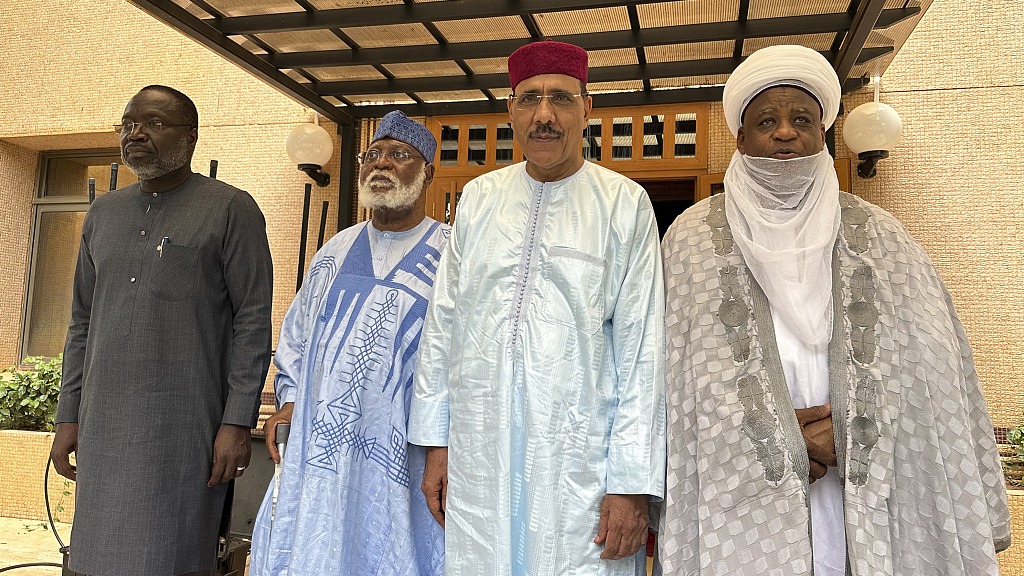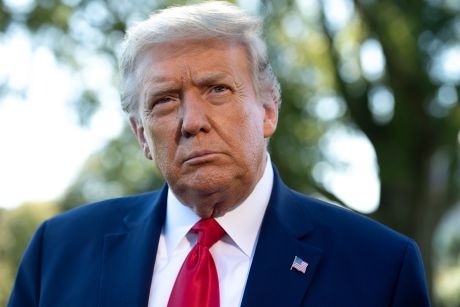In a pivotal turn of events, the Economic Community of West African States (ECOWAS) has decisively rebuffed a controversial proposition by Niger’s military junta to extend elections by three years. This move deepens a political deadlock that raises the specter of a military intervention, looming ominously over a nation grappling with the aftermath of a July coup. As tensions escalate and regional powers flex their muscles, the future course of Niger’s democracy hangs in a precarious balance.
ECOWAS Stands Firm: Rejects Junta’s Election Delay Proposal
The heart of the matter lies in the rejection of Niger’s junta’s proposition for a three-year deferment of elections. ECOWAS, the paramount regional bloc of West Africa, has categorically dismissed this proposal, amplifying its unwavering demand for a swift restoration of constitutional order. This resolute stance stems from concerns that prolonged political uncertainty could destabilize the nation and potentially reverberate across the region. It is a move fraught with significance, emblematic of ECOWAS’ commitment to upholding democratic norms and thwarting any attempts at subverting them.
Regional Force Readied as Dialogue Falters
The ongoing impasse has propelled the situation to the brink of a significant crossroads. Despite ECOWAS and international powers diligently seeking diplomatic solutions since the July 26 coup in Niger, the junta’s persistent refusal to engage in meaningful dialogue has fueled mounting tensions. In response, ECOWAS has activated a regional military force, standing at the ready should negotiations collapse entirely. The looming prospect of military intervention underscores the gravity of the situation, underscoring the regional commitment to maintaining stability and democratic governance.
Willingness to Cooperate Emerges After International Pressure
In a surprising twist, the junta’s rigid stance appears to have softened after facing the stark reality of potential international intervention. A day prior to the junta’s agreement to engage with an ECOWAS delegation in Niamey, the capital of Niger, signs of newfound willingness to cooperate began to surface. This shift was made evident by General Abdourahamane Tchiani, the junta leader, during a nationally televised address. While he reiterated openness to dialogue, he also introduced a proposal mirroring the extended transition timelines suggested by coup leaders elsewhere in the region.
As ECOWAS Commissioner Abdel-Fatau Musah asserted, the regional bloc’s stance remains unambiguous. The demand to “Release Bazoum without preconditions, restore constitutional order without further delay” echoes as the rallying cry that resonates across the diplomatic landscape. The imperative for a swift return to democratic governance is further underscored by ECOWAS’ contemplation of launching another mediation mission, contingent upon the outcomes of ongoing informal discussions.
As the region watches with bated breath, the junta’s changing tune, the threat of military intervention, and the specter of democratic restoration all weave into a complex tapestry that will ultimately determine Niger’s fate.
















